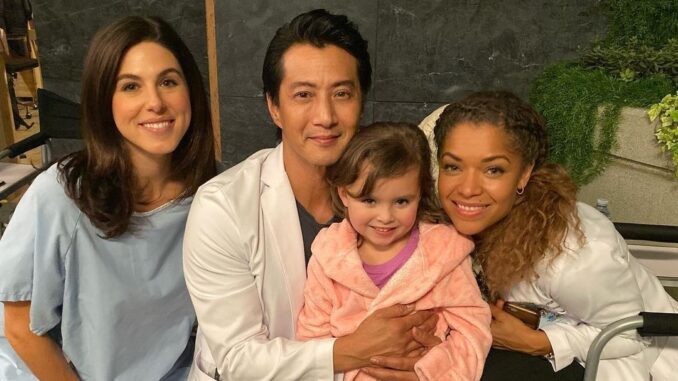
At first glance, The Good Doctor might appear to be just another hospital drama. It has the classic ingredients—emergency surgeries, brilliant diagnoses, and fast-paced hospital corridors. But as the episodes unfold, something becomes clear: this isn’t just a show about medicine. It’s a story about what it means to be human. Beneath the scalpels and stethoscopes lies a beating heart, and its name is Shaun Murphy.
Shaun isn’t your typical doctor. Diagnosed with autism and savant syndrome, he sees the world through a lens most of us can’t begin to understand. But in that difference lies the show’s brilliance. Shaun doesn’t just treat patients—he forces us to look inward. To ask questions. To reconsider what we think we know about intelligence, empathy, and the meaning of connection. His journey is full of awkwardness, courage, heartbreak, and healing. And it’s not just his patients who are transformed—it’s the viewers too.
The emotional weight of The Good Doctor is what truly sets it apart. This isn’t a series afraid to confront life’s messiest realities. It deals with death—not as a plot twist, but as a deeply personal experience. It deals with disability—not with pity, but with respect. And it deals with love—not through fairytales, but through the complicated, raw, imperfect truth of human relationships. Shaun’s romance with Lea is a perfect example. Their love is tender, but it’s also difficult. Full of miscommunication, fear, and growing pains. It’s not a perfect love story, but it’s real—and that’s why it resonates.
Every character in the show contributes to its emotional power. Dr. Glassman, Shaun’s mentor and father figure, anchors the show with quiet wisdom and personal sacrifice. Dr. Lim, tough yet vulnerable, reveals the emotional toll of leadership. Even the patients—many of whom appear for just a single episode—leave a lasting impact, not just on the characters, but on the audience. Because these aren’t just cases. They’re people. People facing impossible choices, sudden loss, unexpected hope, and moments of breathtaking clarity.

What makes The Good Doctor unforgettable is its ability to turn a clinical environment into something deeply personal. It’s not about procedures—it’s about people. It shows us that medicine isn’t just science. It’s emotion. It’s listening. It’s making mistakes, and learning from them. It’s comforting a dying man, holding a grieving mother, or standing up for a patient who’s been dismissed. It’s all the things you’ll never find in a textbook—but you’ll feel in every episode.
Beyond the drama, the show is also a triumph of representation. Seeing a main character with autism treated as complex, capable, and worthy of love is groundbreaking. Shaun isn’t shown as perfect. He’s flawed. He makes mistakes. But he keeps going. And that perseverance, that quiet strength, is what turns him into more than a character. He becomes a symbol—for every person who’s ever felt like they didn’t fit in, like they weren’t enough. He proves that there’s beauty in difference, and that everyone deserves a seat at the table—even if they sit a little differently.
In the end, The Good Doctor doesn’t just tug at the heartstrings—it grabs hold of something much deeper. It reminds us that being a doctor is about more than fixing bodies. It’s about seeing people. Listening. Caring. And being brave enough to show up fully, even when the world doesn’t make it easy. That’s what makes The Good Doctor so much more than just a medical drama. It’s a series that touches the soul—quietly, powerfully, and permanently.
